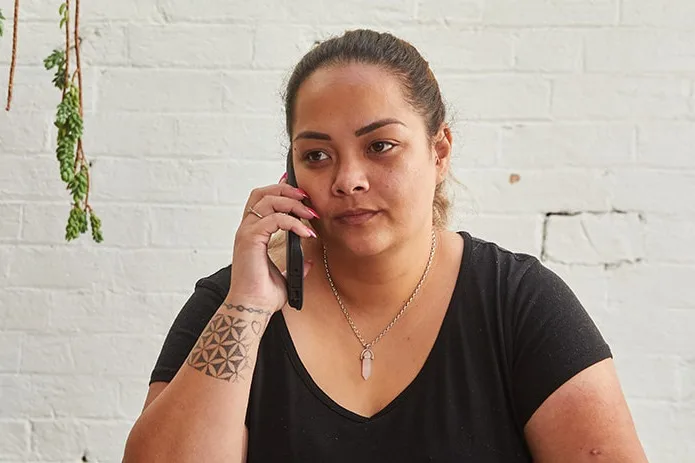Getting professional help
There are a number of ways to support your teen in getting help for mental health concerns. If you'd like to understand more about why getting help early is important and knowing when to get help, read our fact sheet on getting help for teenagers.
Otherwise, see below for information on the types of help available for your teenager’s mental health.









